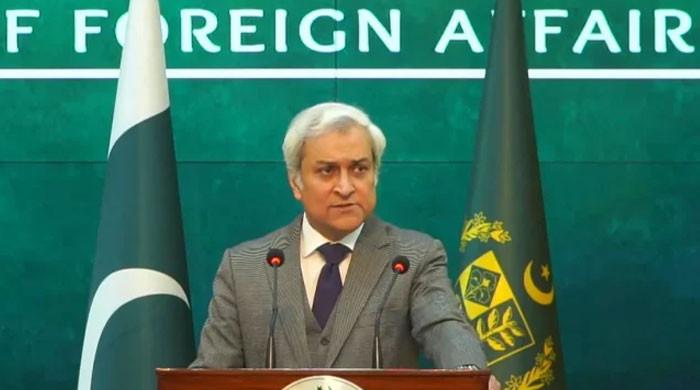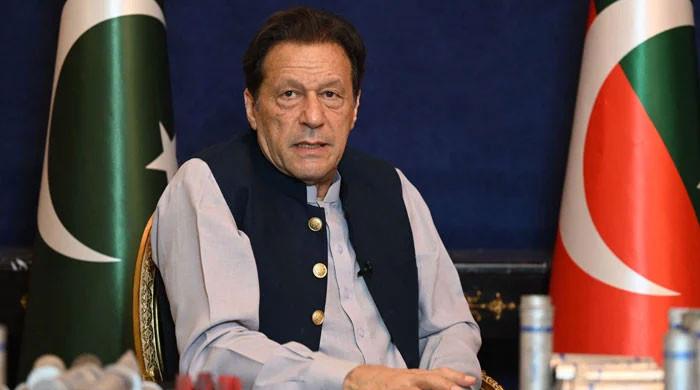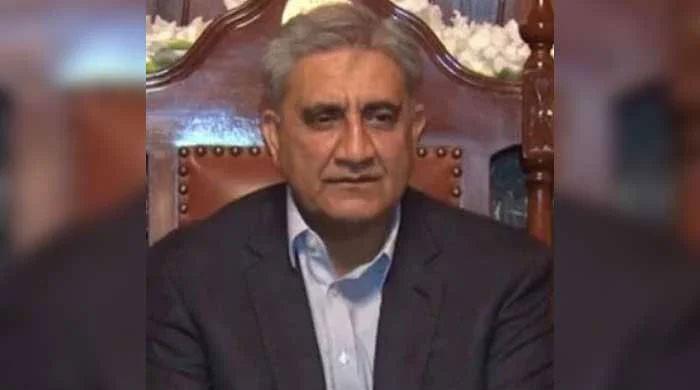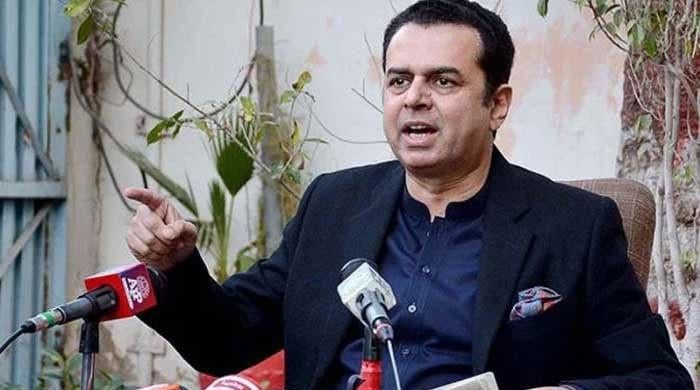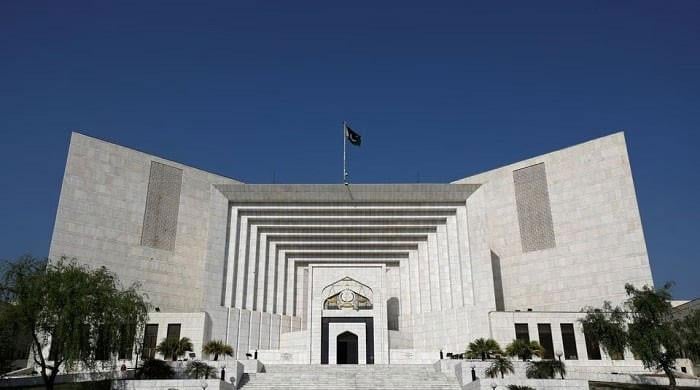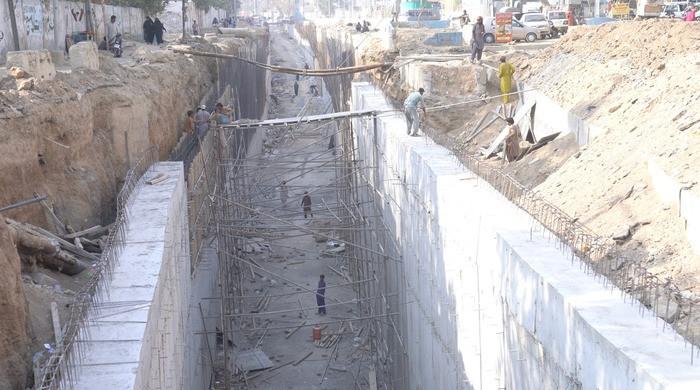Estimated 22.8m children not going to school in Pakistan: UNICEF
They represent 44% of the total population aged between 5 and 16 years
November 20, 2020
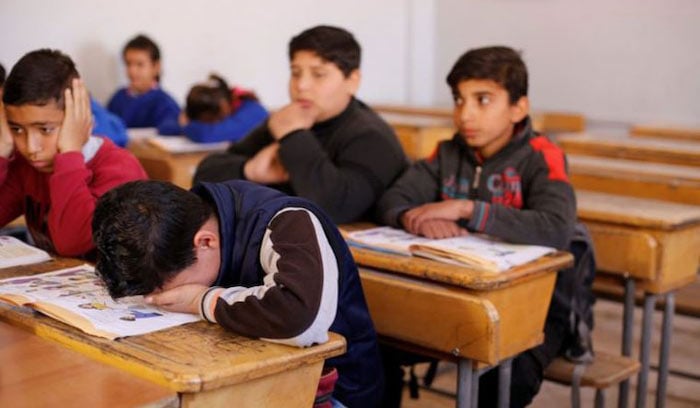
BRUSSELS: As the world marks International Children’s Day today, we look at the state of children at home.
With an estimated 22.8 million children out-of-school, Pakistan has the world’s second highest number of out-of-school-children (OOSC), according to the UNICEF.
Those children represent 44% of the total population in the age group of five to 16 year-olds in the country.
About five million children aged five to nine are not enrolled in schools. As the primary school age ends, the number of OOSC double with 11.4 million adolescents aged between 10 and 14 years dropping out of school.
The disparities on gender, socio-economic status and geography play a significant role in children’s education. In Sindh, 52% of the poorest children – out of which 58% are girls – are out of school. In Balochistan 78% of the girls are out of school.
This year, the coronavirus pandemic has had a devastating effect on education globally, affecting 1.5 billion students and leaving 460 million without access to education.
In a joint statement the European Commission and European Union Ministry of Foreign Affairs said access to remote education is not possible due to which the protection, development and future development of these children will not be possible in the future.
In September, EU and UNICEF, in a joint effort, sent an SOS message to the world to promote measures to maintain access to education for every child.
Moving education to digital has also increased reports of child sexual abuse online. In July, EU adopted a strategy for effective fight against child sexual exploitation and a legislative proposal was adopted in September to ensure tech companies detect, report and eliminate sexual abuse of children online.
The EU is also implementing Clear Cotton Project that monitors situation of children to ensure they do not fall behind or drop out of school altogether.
The EU’s new Action Plan on Human Rights and Democracy for 2020-2024 sets out measures to promote, protect and fulfil rights of all children.
The next is to adopt EU Strategy for Rights of the Child, measures to address the challenges posed by epidemics, strengthen children’s participation and protect and promote their rights at all levels.





